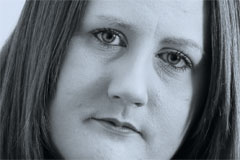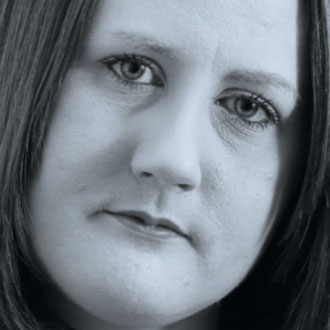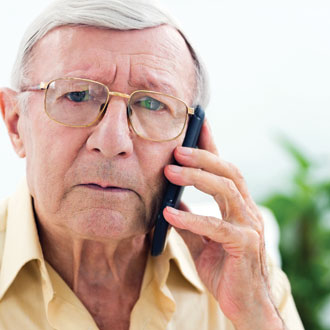Sometimes it’s more important to be kind


In the early weeks of my GP registrar year, diagnostic certainty came rarely. My consultation with Alan had been an exception: as soon as he had shuffled into my room, pale and drawn, wearing the tell-tale oversized clothes of one who has unexpectedly lost weight, my antennae were twitching. When he said that he had been constipated for six months and had recently started passing blood, I mentally started writing the two week wait referral. As he lay on my couch, my gloved finger found the culprit: a hard, annular mass just inside his rectum. Once he was dressed again, I tactfully outlined my concerns, printed off the referral form, and wished him luck at the hospital.
Sometimes it is more important to be kind than it is to follow rules
The phone rang for so long that I suspected nobody was home. Eventually, in a barely audible whisper, Alan answered. He confirmed that the consultant had found a mass on sigmoidoscopy. A nurse in the endoscopy suite had advised him to phone her GP for the biopsy results. Four weeks later, after a busy morning, his name appeared on the telephone list. With a spasm of frustration, I read the accompanying note: ‘Had biopsy at hospital – told to ring GP for result.’ I knew that the responsibility for acting on a test result lay with the person who had requested it – in this case, whoever had performed Alan’s sigmoidoscopy. I decided that I would politely suggest that he ring the consultant’s secretary to arrange getting his results.
I checked the computer: no letter from the hospital yet. I explained that to him, and added that, ideally, he should receive his results from a specialist who would be able to discuss exactly how to proceed.

‘I see,’ he said, and his voice cracked slightly. A pause, a barely audible gulp, ‘I’m seeing the consultant next week. But I want to know now. I want to know what I’m up against.’
We have a link to the hospital and can view some lab results live on their system. A few clicks later, I had the report in front of me, confirming what I’d known since he first walked into my room a month earlier: adenocarcinoma.
I gently explored his understanding and established that, although nobody at the hospital had used the word ‘cancer’, he had drawn his own conclusions. I explained that the biopsy confirmed this, and gave a rough outline of the next steps. He thanked me profusely, he was glad he would have time to get used to the diagnosis before seeing the consultant.
Other writing competition entries
(Winner) Dr Renee Hoenderkamp: ’I knew I was breaking every rule’
(2nd place) Dr Helen Cotton: My son’s call for help saved me
(3rd place) Dr Richard Cook: ’I tried to speak, but no words came’
(Runner-Up) Dr Celine Inglis: Being a doctor puts you in a strange position for tragedy
Six months later, Alan is still alive, but faltering now. The staging CT found liver metastases, and he had to stop palliative radiotherapy due to side-effects. Conversely, I have blossomed, now far more confident than the newbie who first met Alan. I still challenge inappropriate transfers of work, but I try not to forget that there is a patient caught in the middle, and that sometimes it is more important to be kind than it is to follow rules.
Dr Heather Ryan is a GP registrar in Liverpool. She receives a £50 book voucher.
Pulse October survey
Take our July 2025 survey to potentially win £1.000 worth of tokens











